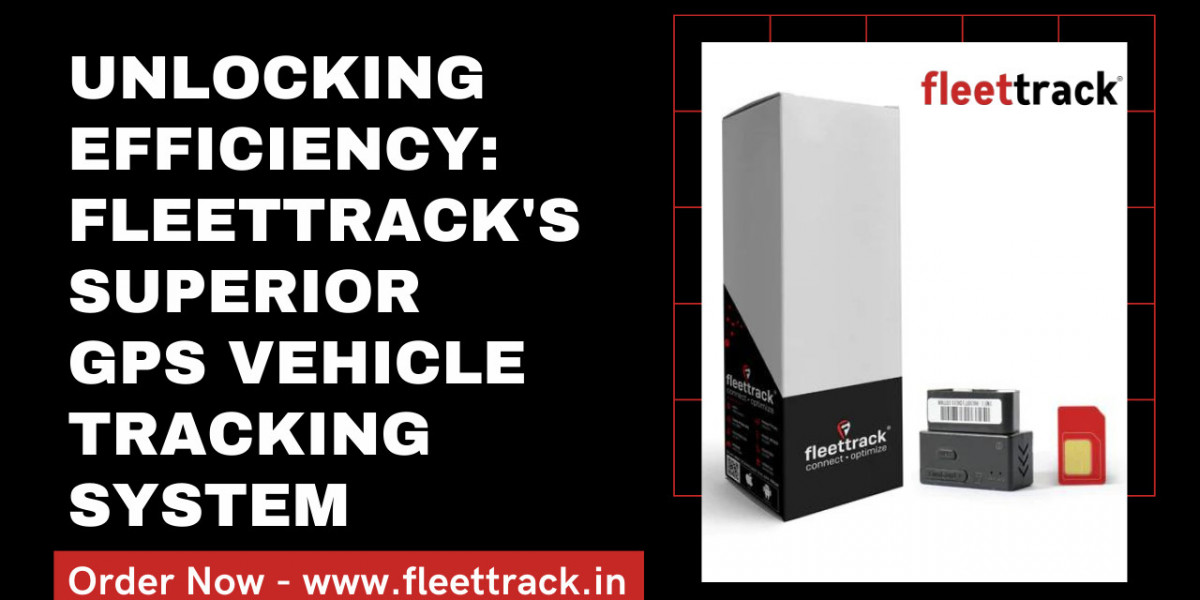Dubai Free Zone Business Setup is a strategic choice for entrepreneurs and investors looking to capitalize on the lucrative opportunities in the UAE. The vibrant city of Dubai, known for its rapid economic growth, advanced infrastructure, and business-friendly policies, offers a variety of free zones designed to cater to diverse business needs. In this article, we will provide a detailed guide on the process of setting up a business in Dubai's free zones, highlighting the benefits, steps, and essential considerations involved.
Understanding Dubai Free Zones
Free zones in Dubai are specially designated areas that offer tax exemptions, full ownership rights, and simplified business setup processes. These zones are designed to attract foreign investment by providing a favorable business environment. Some of the most prominent free zones in Dubai include Dubai Multi Commodities Centre (DMCC), Jebel Ali Free Zone (JAFZA), Dubai Silicon Oasis (DSO), and Dubai Internet City (DIC).
Benefits of Setting Up a Business in Dubai Free Zones
- 100% Foreign Ownership: Unlike mainland businesses, free zone companies can be fully owned by foreign investors without the need for a local sponsor.
- Tax Exemptions: Companies in free zones enjoy significant tax benefits, including exemption from corporate and personal income taxes.
- Customs Privileges: Businesses benefit from duty-free import and export within the free zone.
- Repatriation of Profits: Companies can repatriate 100% of their profits and capital.
- Simplified Procedures: The setup process is streamlined with clear guidelines, making it easier for businesses to start operations.
- Modern Infrastructure: Free zones offer state-of-the-art infrastructure, office spaces, and business facilities.
- Business Support Services: Many free zones provide support services such as legal advice, recruitment, and marketing assistance.
Steps for Dubai Free Zone Business Setup
1. Choose the Right Free Zone
The first step is to select a free zone that aligns with your business activities. Each free zone has specific regulations and benefits tailored to particular industries. For example, DMCC is ideal for commodities trading, while DIC caters to IT and media companies.
2. Determine Your Business Activity
Identify the nature of your business and ensure it is permitted within the chosen free zone. Each free zone has a list of permitted activities, and it is crucial to select the appropriate one to avoid legal complications.
3. Select a Company Structure
Decide on the type of company you wish to establish. The common structures include:
- Free Zone Establishment (FZE): Single shareholder entity.
- Free Zone Company (FZC): Multiple shareholder entity.
- Branch Office: Extension of an existing company.
4. Choose a Business Name
Select a unique name for your company that complies with the naming conventions of the chosen free zone authority. The name should not include any offensive or religious terms and must be available for registration.
5. Apply for a Business License
Submit an application for a business license to the free zone authority. The type of license required depends on the nature of your business activities. Common license types include:
- Trading License: For buying and selling goods.
- Service License: For service-oriented businesses.
- Industrial License: For manufacturing and production activities.
6. Lease Office Space
Most free zones require companies to lease office space within the zone. The options range from flexi-desks to full-fledged office units. Ensure the chosen space meets your business needs and budget.
7. Prepare and Submit Documentation
Prepare the necessary documentation, which typically includes:
- Passport copies of shareholders and managers
- Business plan
- Proof of address
- Memorandum and Articles of Association
- Board resolution
Submit these documents to the free zone authority for review.
8. Obtain Approvals and Licenses
After the review, the free zone authority will issue the necessary approvals and licenses. This process may involve security checks and additional documentation.
9. Open a Corporate Bank Account
Open a corporate bank account in a UAE-based bank to facilitate business transactions. Provide the required documents such as the company’s license, shareholder information, and proof of business address.
10. Hire Employees and Begin Operations
Once the company is established, you can hire employees. Ensure compliance with the labor laws and regulations of the free zone. Start your business operations following the guidelines provided by the free zone authority.
Important Considerations for Dubai Free Zone Business Setup
Legal and Regulatory Compliance
Ensure that your business complies with all legal and regulatory requirements. This includes adhering to the specific regulations of the free zone and maintaining proper documentation and records.
Cultural and Market Understanding
Understanding the local culture and market dynamics is crucial for success. Building strong relationships with local partners and stakeholders can provide valuable insights and opportunities.
Financial Planning and Budgeting
Develop a comprehensive financial plan that covers initial setup costs, operational expenses, and projected revenues. This will help you manage your finances effectively and ensure long-term sustainability.
Professional Assistance
Consider seeking professional assistance from business consultants or legal advisors who specialize in Dubai free zone setups. They can provide expert guidance and ensure a smooth setup process.
Company Formation in UAE: Beyond Dubai Free Zones
While Dubai free zones offer numerous benefits, the broader UAE also provides attractive opportunities for company formation. Mainland company formation in the UAE allows businesses to operate across the entire country without the limitations of free zones. However, it requires a local sponsor who holds 51% ownership, unless the business falls under certain categories that allow full foreign ownership.
Advantages of Mainland Company Formation
- Market Access: Ability to trade directly with the UAE market without restrictions.
- Flexible Office Locations: No requirement to lease office space within a specific zone.
- Government Contracts: Eligibility to bid for government projects and contracts.
- Wider Business Activities: More flexibility in terms of permitted business activities.
Steps for Mainland Company Formation
- Choose a Local Sponsor: Identify a reliable local sponsor who will hold 51% of the company's shares.
- Select a Business Activity: Determine the nature of your business and ensure it is permitted.
- Register the Trade Name: Choose a unique trade name and register it with the Department of Economic Development (DED).
- Apply for Initial Approval: Obtain initial approval from the DED.
- Prepare Legal Documents: Draft the Memorandum of Association (MOA) and other required documents.
- Lease Office Space: Secure a physical office space in any location within the UAE.
- Obtain Trade License: Submit all documents to the DED and obtain the trade license.
- Register with the Chamber of Commerce: Complete the registration with the local Chamber of Commerce.
- Open a Corporate Bank Account: Set up a corporate bank account to manage your business finances.
- Start Operations: Begin your business activities in compliance with UAE regulations.
Conclusion
company formation in dubai free zones offers a wealth of advantages, from tax benefits to complete foreign ownership. The streamlined process, modern infrastructure, and business-friendly environment make it an attractive option for entrepreneurs worldwide. By understanding the steps involved and considering the broader opportunities in mainland UAE, you can make informed decisions and successfully establish your presence in this dynamic market.








